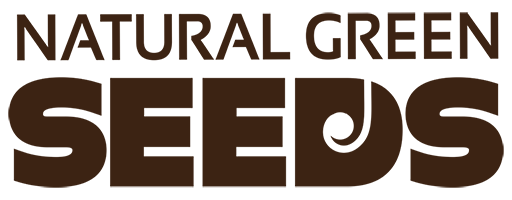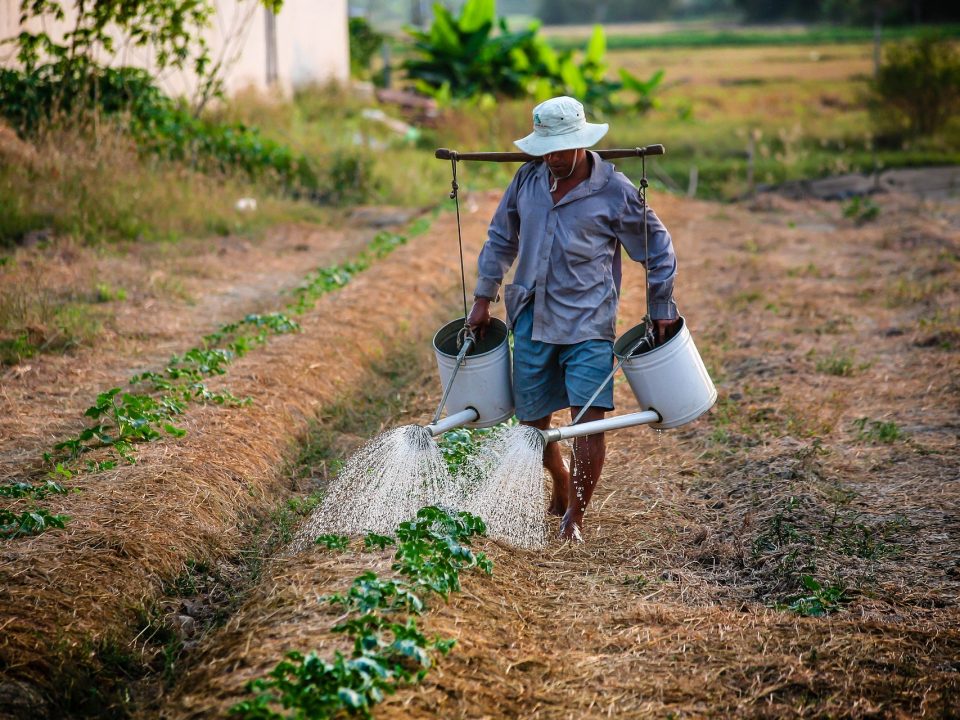organic sprouts

plant to plant
December 9, 2018
Therapeutic gardening
February 9, 2019The medicinal value of organic sprouts
Written by Ronen Kozushner, Natural Green Seeds.
Orseeds.com seedsss.com
sprouts = “Fountain of Youth”
Proper and balanced nutrition is the basis for the maintenance of physical and mental health and means the continuous supply of minerals, vitamins, proteins, essential fatty acids and other natural and vital components essential for the construction and maintenance of all body tissues.
“We are what we eat”: Our body is made up of cells that are made of proteins and are made up of building blocks = amino acids. The quality of the proteins we eat determines the quality of our proteins and cells as well as our “quality of life”. In the Western world where the “standard of living” is rising steadily, it seems that many are “starving” in the face of pots filled with food free of natural and living ingredients. Modern food contains a lot of energy and artificial additives and a few pure living ingredients. Only vitamins that are related to minerals and free amino acids are absorbed from the intestine into the blood and reach the cells of the body. As age increases, the absorption of minerals and vitamins from food decreases. Holistic natural food (in which the whole is greater than the sum of its components) contains all the ingredients in the correct quantitative relationship between them. To provide the daily dose of minerals, vitamins and fiber, it is recommended to eat more vegetables and fruits in more than 60% of the daily diet or at least 6 to 13 servings daily! – and few are able to do so.
The sprouts (sprouted seeds in the water and sprouted in the ground) and sprouts (sprouts sprouted in water and air without soil) have been known since the dawn of history as concentrated food, quality, cheap and simple to grow and digest. Sprouts contain high concentrations of various living ingredients and are an effective dietary supplement, both safe and delicious.
After the water has increased, seed germination takes place in the semen, during which the enzyme inhibitors are released. The enzymes become active and break down the Contamination materials of the building blocks (free amino acids, simple sugars, and essential fatty acids). The sprouts contain: chlorophyll, absorbable minerals and vitamins, high-quality and balanced proteins, essential fatty acids, active enzymes, antioxidants, and bioflavonoids (a group of about 4000 plant-derived antioxidant dyes) A great complement to the daily menu. Since the sprouts contain active enzymes, which make the digestion of seed components and other food, they are best suited to people whose digestive system is damaged. The essential fatty acids (such as Omega 6) are found in sunflower sprouts in glazed onion packages that protect them from oxidation and help them absorb and digest them.
Aside from their obvious medicinal qualities, the sprouts are handsome and have rich and varied tastes. The sprouts are defined as pure food =. Eating fresh organic sprouts of various kinds is an important part of the organic-vegetarian diet in general and the diet of raw vegetables in particular = “kitchen without a stove.” Growing organic sprouts is friendly to humans, plants, animals and the environment. Organic seeds are grown without the use of hereditary change, insecticides, herbicides, chemical fertilizers and preservatives. The gateway to organic food is growing fresh, self-made sprouts and young vegetables. In Western countries, many recognize the nutritional and medicinal value of organic sprouts and more recently, there has been a proliferation of studies that point to the obvious medical effects of various sprouts.
The Beginner Guide
For those who prefer to grow the sprouts with their own hands, do the following: 1. Soak the seeds, seeds or legumes in a bowl of water overnight. The next day wash well and transfer to a suitable container with a bed of water or moist soil: large sieve, polystyrene box, or any vessel with a lid that is not airtight and allows drainage to water. Place the tool in a shaded, airy place. 2. Wait 24 hours to 10 days (depending on the type of germ – ask the natural store). If the sprouting time is prolonged, add water to the germs. 3. Check to see if the sprout is tiny and green. Did he glance? Transfer the sprouts to the refrigerator and store for up to a week. Did not he glance? Throw and re-start. Prolonging sprouting time can cause mold development.
Broccoli sprouts
• Signs of identification: The green broccoli sprouts have bright green leaves and a sharp, prickly taste that will delight those who do not go crazy about the taste of the adult broccoli.
ВЂ Also tasty: go great with tomatoes and cheeses in salads and sandwiches.
• Healthy: Besides being rich in enzymes that accelerate detoxification, broccoli sprouts contain plenty of antioxidants, help prevent high blood pressure, provide protection from heart and kidney infections, and help heal stomach ulcers.
Radishes sprouts
• Signs of identification: thin, white sprouts with light green leaves and fresh, fresh flavors.
• Delicious: Great as an addition to sandwiches that contain meat or sharp cheeses, egg salad and salads, especially with celery and radishes.
• And healthy: These naive sprouts hide particularly good amounts of antioxidants and vitamins A, C and complex B. In addition, they are considered beneficial against worms in the digestive system.
Sunflower sprouts
• Signs of identification: The hit of the sprouts market: green sprouts of medium size and thickness, with large dark green leaves and a wonderful nutty taste of sunflower seeds.
• Delicious: Great in salads and sandwiches – especially with avocado and nuts. They should be added to soft cheeses, especially to goat cheese.
• Healthy: Sunflower sprouts contain essential omega-6 fatty acids and are rich in vitamins E, D and B complex, folic acid and pantothenic acid (effective for coping with stress). In addition, they also contain significant amounts of calcium and essential minerals. What else can you ask for?
Herb salad and sprouts with radishes and nuts
Salad Ingredients (6 servings):
• 1 medium-sized Arab lettuce, washed and dried
• 1/2 cup fresh parsley leaves, coarsely chopped
• 1/2 cup chopped coriander leaves
• 1/2 cup fresh mint leaves, chopped
• 1/2 cup sunflower sprouts
• 1/2 cup broccoli sprouts or radishes
• 10 small radishes, very thin slices
• 100 grams walnuts, coarsely chopped
For the sauce:
• Juice from large and ripe lemon
• 1 teaspoon dijon mustard without berries
• 1 tablespoon natural maple syrup or Seals (date honey)
• 1 teaspoon sea salt, or to taste
• Black pepper (or a mixture of 4 peppers), freshly grated
• 1/4 cup walnut oil, or delicate olive oil
Preparation:
· Mix all the ingredients of the salad in a large bowl. Shake off all components
The sauce in the jar is closed. Pour on the salad, mix lightly and serve immediately






